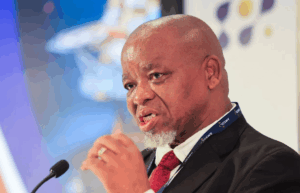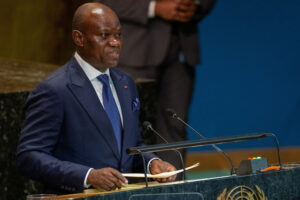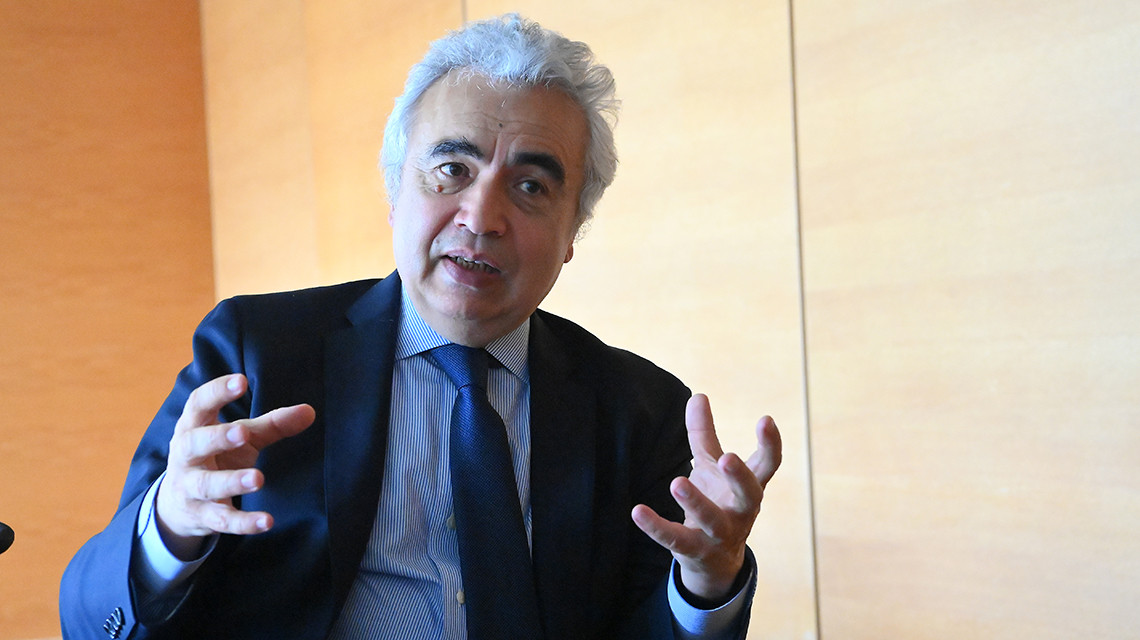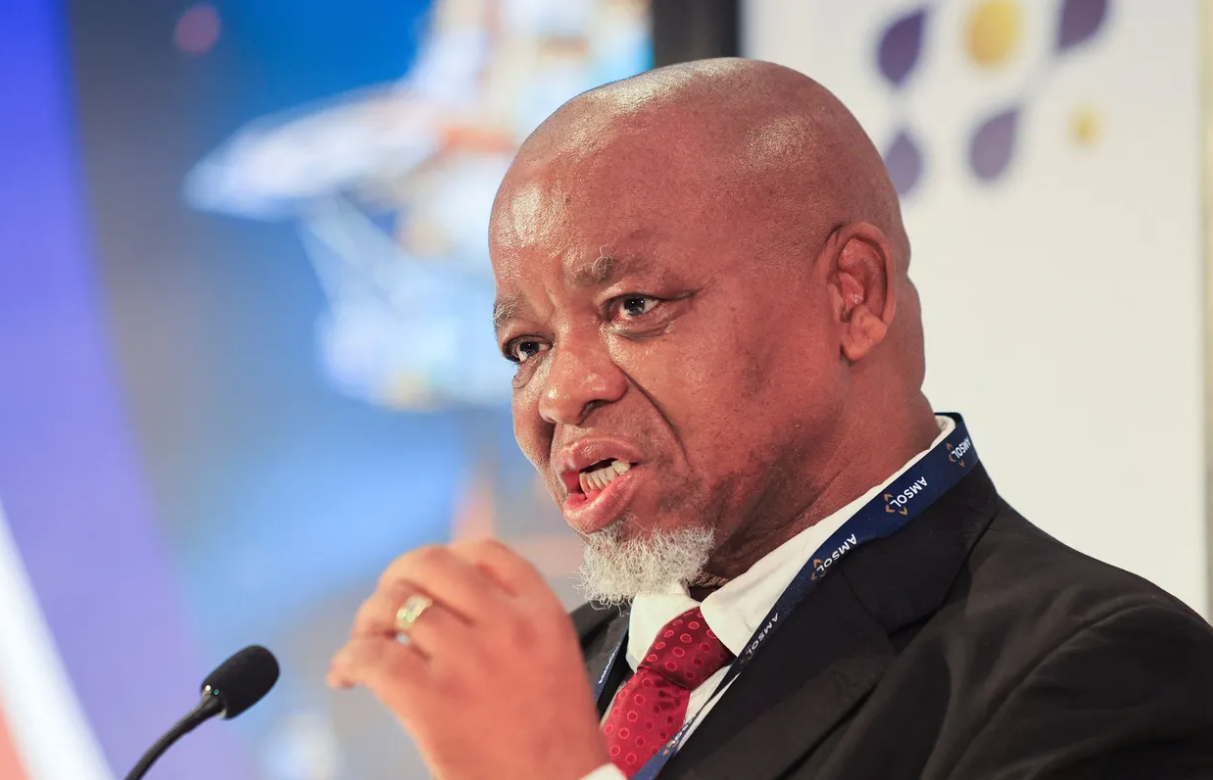I fancied an electric vehicle. Let’s change that, I drove one, enjoyed the ride and got the curious stares. That was around three to four years ago when my ex-colleague at Rio Tinto, Gugu Lourie brought the massive BMW i8 for me to try out. Lourie runs the hugely successful Techfinancials, showcasing some of the most progressive developments in the 4IR tech space and had attracted the attention of vehicle manufacturers as he covered that sweet nexus of vehicle opulence and digitalisation.
That ride was enormously rewarding that weekend, the car’s hybrid engines could accelerate easily enough to put the VRR-phah brigade humbly into their corners, and lasted us by a long shot into the first few days of the week without a stop to refill, or recharge. The latter brigade are the popular poster boys of the gasoline-burning internal combustion engines (ICEs) loved by youth and new money on the streets.
EVs are prohibitively expensive in South Africa. These are new cars, and convincing a young South African that EVs are the future is difficult when their entry-level prices are competitive with used V6, fossil-fuel engines powerful enough to travel across the country for weddings and funerals in rural areas.
That’s on the money side of it.
The realistic and quickly dominant thought is that fossil fuel transportation remains South Africa’s second largest source of carbon emissions. There is hard evidence that much of the pollution causing erratic weather patterns and disasters can be traced back to the amount of emissions. Long haul trucks that transport commodities to our ports and those of neighbouring states, buses that transport our people precariously across vast lands, taxis in townships, and ordinary vehicle owners- that the transition to lower emission vehicles is unavoidable and remains the only way to save both the planet and the little generational economic gains.
The sad, but equally pragmatic perspective is that there is no clear policy position on EVs in South Africa, not as yet. At least until the Just Energy Transition plan (JetP) breaks the business plan into actionable chunks, possibly at COP27 or the Cabinet pronouncement expected in the next few days, the implementation of the transition plan remains a bit vague to ordinary consumers, who would ordinarily feel the brunt of climate change hazards. It’s a bit like a state of helplessness: the message for people to be proactive in reducing the carbon footprint is lost in the mysterious implementations of the transition, and restrictive costs of EVs.
South Africa only had 1 559 EV units on our roads at the beginning of 2022, compare that with almost 20 million units worldwide, according to the International Energy Agency (IEA) Global Electric Vehicle Outlook report for 2022; and don’t expect the picture to have transformed much in the current economic conditions. EVs don’t come cheap and the market tends to regard them as a high-end luxury. Until this fundamentally changes, the transition will probably reflect that distortion and (mis)perceptions.
Investors have identified a market in South Africa, and some corporate actors have gradually adopted the transition across parts of their critical supply chains. It is a massive transition that will necessitate strategic alliances as well as regulatory and policy alignment.
China and the US dominate the manufacturing and markets for EVs, which should make South Africa’s policy makes interrogate the idea of stimulating domestic consumption, specifically upstream which could positively impact our ESG structure and inject massive socio-economic benefits. Communities should not be reduced to bystanders watching massive solar and hydrogen plants emerge on their doorsteps with no benefits. There’s harsh lessons for this.
Yet upstream South Africa has maintained a visibly high profile, with a large number of EVs leaving our shores for the seaborne markets. According to the National Association of Automobile Manufacturers of South Africa (Naamsa), over the last year, 387,125 vehicles worth R148 billion, along with R53.7 billion worth of automotive components, were exported from South Africa to 151 countries.
The government’s ‘Yakh’iFuture’ program appears to train students in EV technology to benefit the manufacturing portion of the value chain, as the majority of the product is destined for the export market. After all, the latter remains the largest market, and analysts could be forgiven for thinking we are sabotaging ourselves by exporting jobs.
The international trend toward electric vehicles (EVs) is growing with Naamsa expecting that 40% of all European vehicle sales will be EVs by 2030, yet domestically the numbers pale.
The impact electric vehicles will have on the road transportation sector in terms of reducing emissions and helping countries achieve net-zero goals by 2050 will necessitate EV market share increasing by 60% globally.
South Africa’s JETP should therefore provide instructive and constructive political roadmaps for how the programme’s massive capitalisation could harvest the disruption to positively impact the country’s and society’s economic fortunes.












